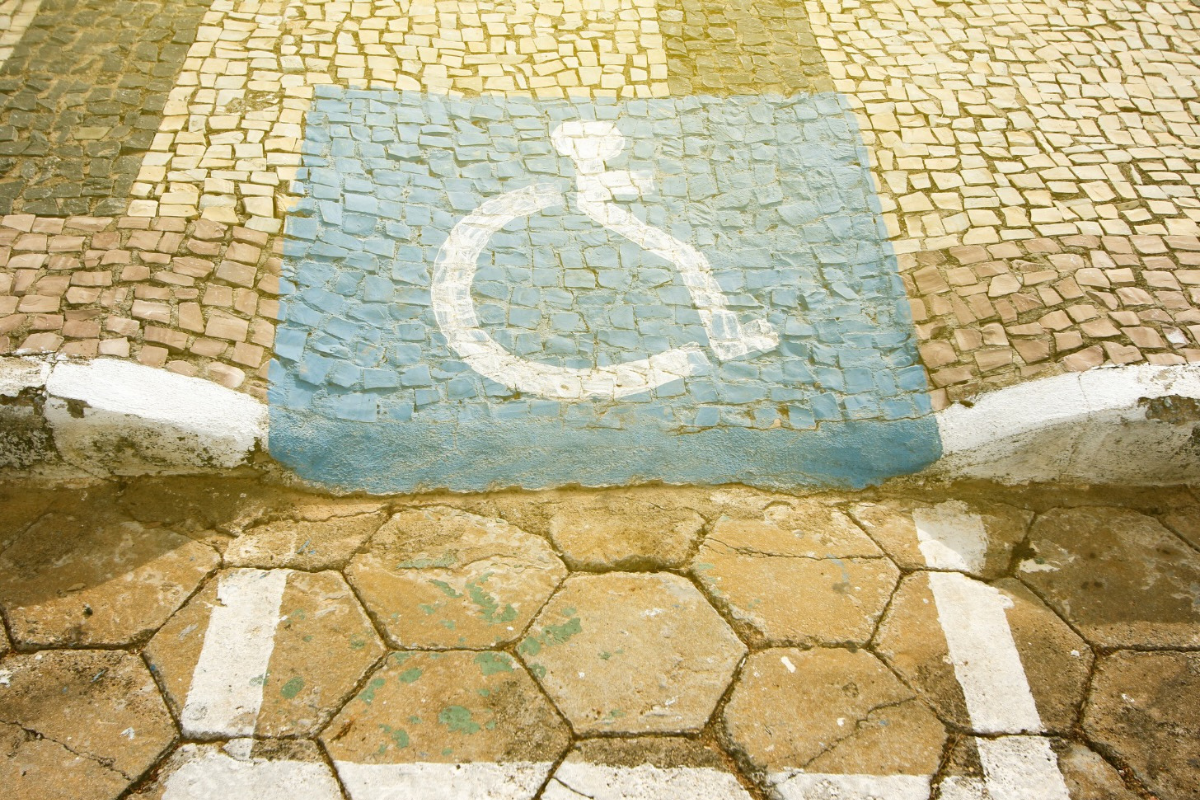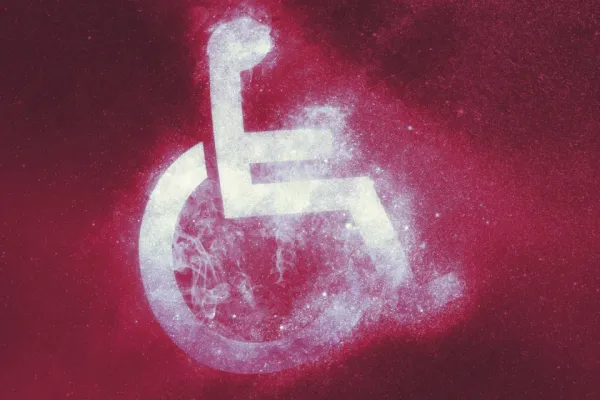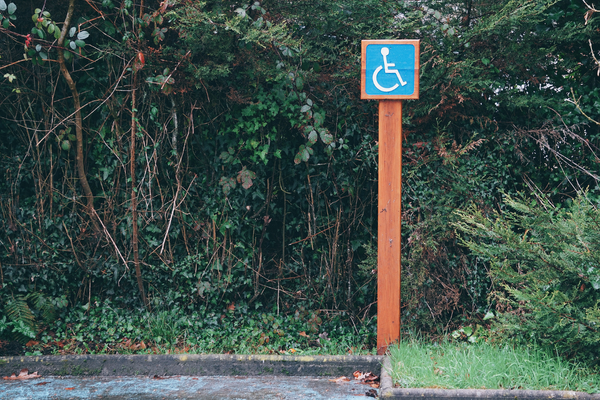10/6/25 - Disability changes, another autism take, and fighting for basic access


Good afternoon!
Well, I've got a real, full-on cold that's moved to my chest. But as a bit of an experiment, I'm going to try to keep posting through it. So if the newsletters over the next few days seem a bit thin, that may be the reason. You might even like it better that way. And if that's the case you should feel free to say so!

Trump plan would limit disability benefits for older Americans
Meryl Kornfield and Lisa Rein, Washington Post - October 5, 2025
"But now officials are considering eliminating age as a factor entirely or raising the threshold to age 60, according to three people familiar with the plans who spoke on the condition of anonymity to share private discussions. They also plan to modernize labor market data used to judge whether claimants can work, replacing an outdated jobs database that includes obsolete occupations such as nut sorters and telephone quotation clerks, following a Washington Post investigation in 2022."
This strikes me as a combination of possibly valid modernization of some eligibility criteria, and more cynical attempts to cut Social Security Disability benefits without triggering too much fear or backlash. That would also suggest this is a test case, to see how hard disability communities will fight Social Security cuts. If we don't fight the smaller, more obscure changes, it might be an invitation for the Trump administration to cut deeper the next time.
The Trump administration’s Soviet approach to autism policy
Ari Ne'eman, STAT - September 30, 2025
"No doubt Health and Human Services Secretary Robert F. Kennedy Jr. hoped to bring to mind this history when standing in the Roosevelt Room with President Trump repeating long since debunked claims linking autism to vaccination and elevating unproven theories attributing it to acetaminophen ... But watching the press conference, I found myself thinking of another very different episode in the Kennedy family’s disability history: PPMR’s strange and largely forgotten trip to the Soviet Union."
This is a fascinating deep dive into the history of how autism has been understood over the last several decades. It also maps out some of the history of how developmental disability was handled in the US, and some of the first attempts to deal with it in a positive, progressive, and genuinely humane manner. Most importantly, this piece shows how tempting and dangerous it can be to allow personal and political biases to influence and even dictate what should be scientific fact-finding.
From pop producer to activist: Robin Millar on the barriers disabled people still face
Patrick Butler, The Guardian - September 7, 2025
"In a glittering career that spans decades, he has worked alongside some of the most celebrated names in British music, from Sade to Boy George, and counts legends such as the Rolling Stones among his list of A-list friends ... But a recent struggle to get a ticket for a concert was nothing his profile could solve. Instead, it was his status as a disabled person that caused him difficulty."
What strikes me most about this article is how it illustrates something interesting and possibly unique about disability activism. There is a sub-group of disabled people who are by and large socially privileged, except for the fact that they are disabled. My personal experience suggests that these people have often played key roles in advocating for basic disability rights, including accessibility and nondiscrimination in nonessential, quality of life goods and services like restaurants, movie theaters, travel, and music venues. At least part of what drives our passion is a sense of aggrieved privilege. There's an expectation of being welcomed and catered to because of who we perceive ourselves to be in our communities. And then we are quite rudely





Disability Thinking Weekday is a Monday-Friday newsletter with links and commentary on disability-related articles and other content. Please share, comment, and subscribe — for free, or with a paid subscription.
You can help promote Disability Thinking Weekday by forwarding it by email or posting on your social media.
You can comment by sending me an email at: apulrang@icloud.com.
A free subscription sends a newsletter to your email each weekday. Benefits of paid subscription include:
- A monthly recap with links to all of the previous month's shared articles, organized by topic.
- Listing as a supporter, and a link to your website if you have one.
- You can recommend one disability-related article for me to share per month in a weekday post.
To to subscribe, upgrade to paid, or make a one-time donation, click one of the buttons below:
I am so grateful for your help and engagement, in whichever forms you choose!




